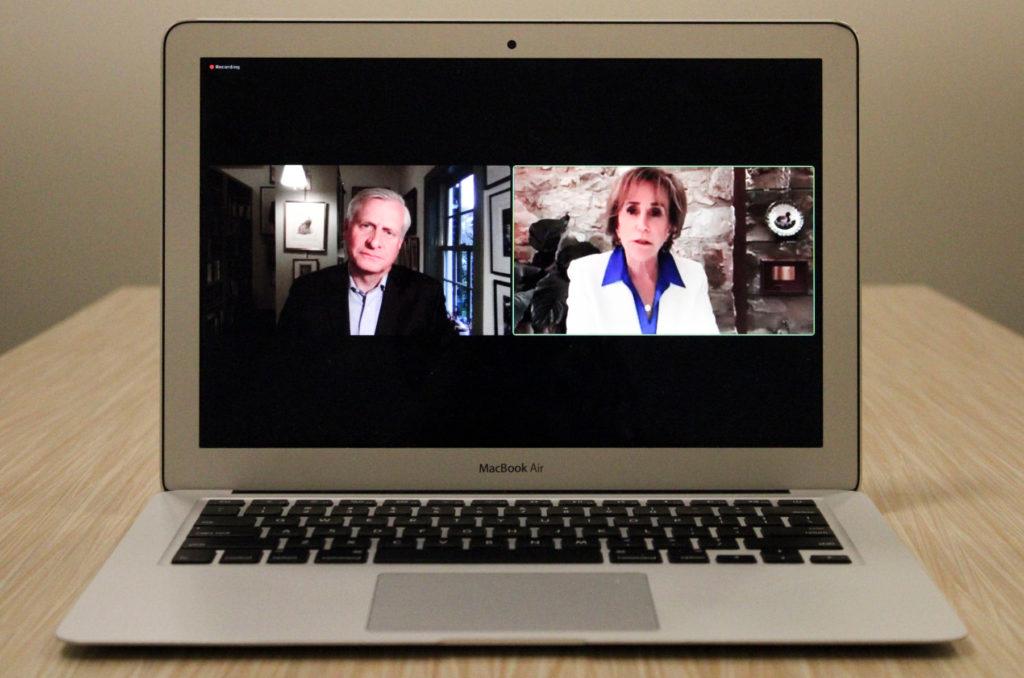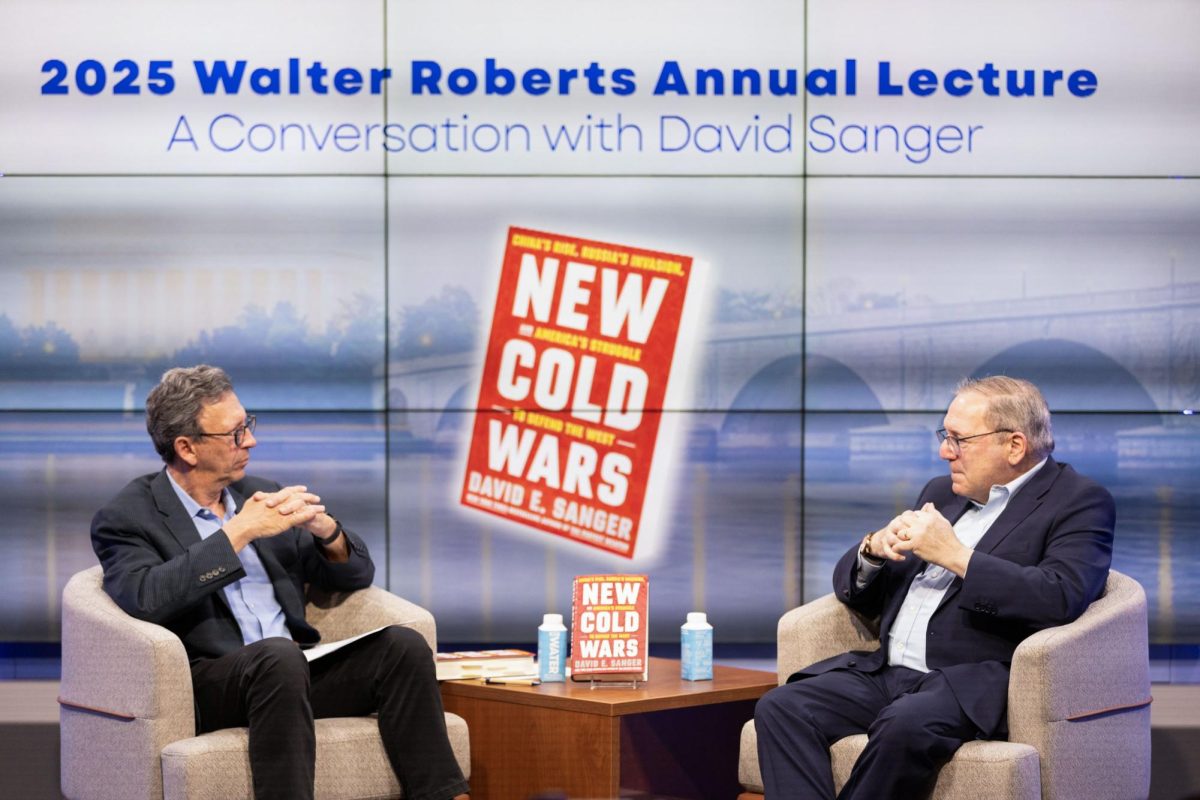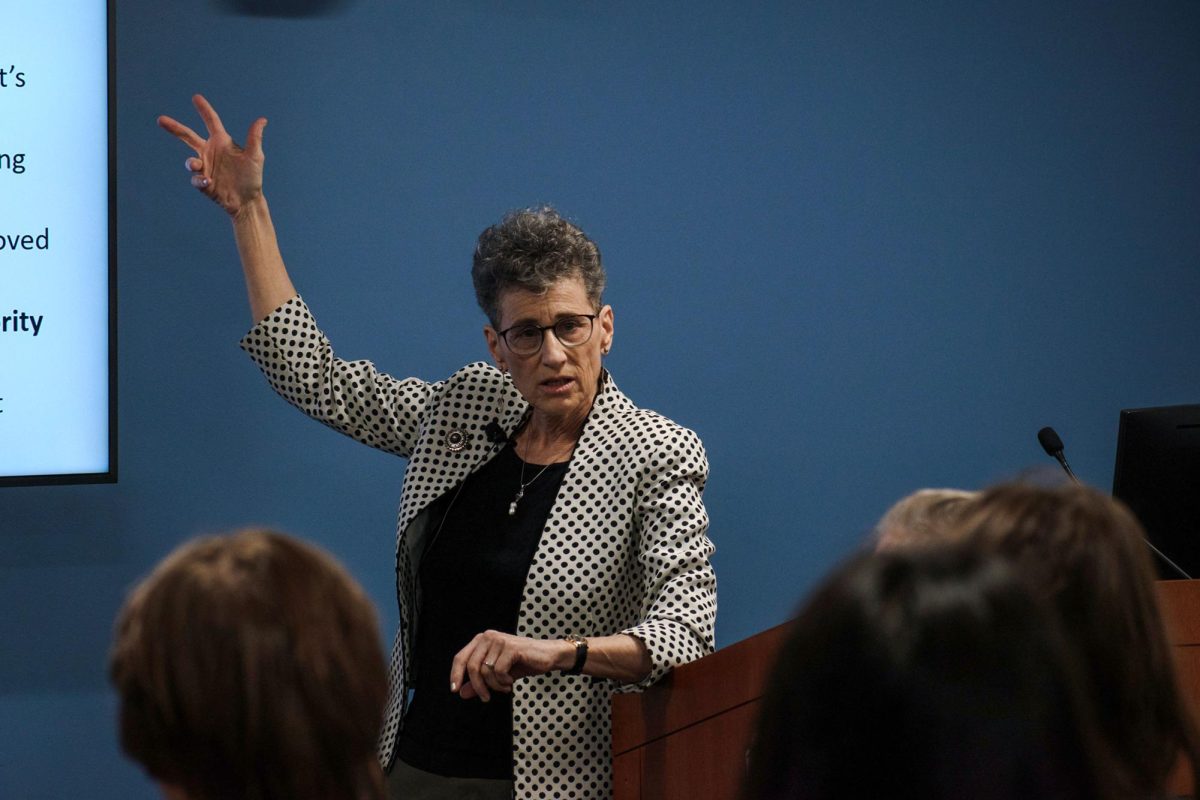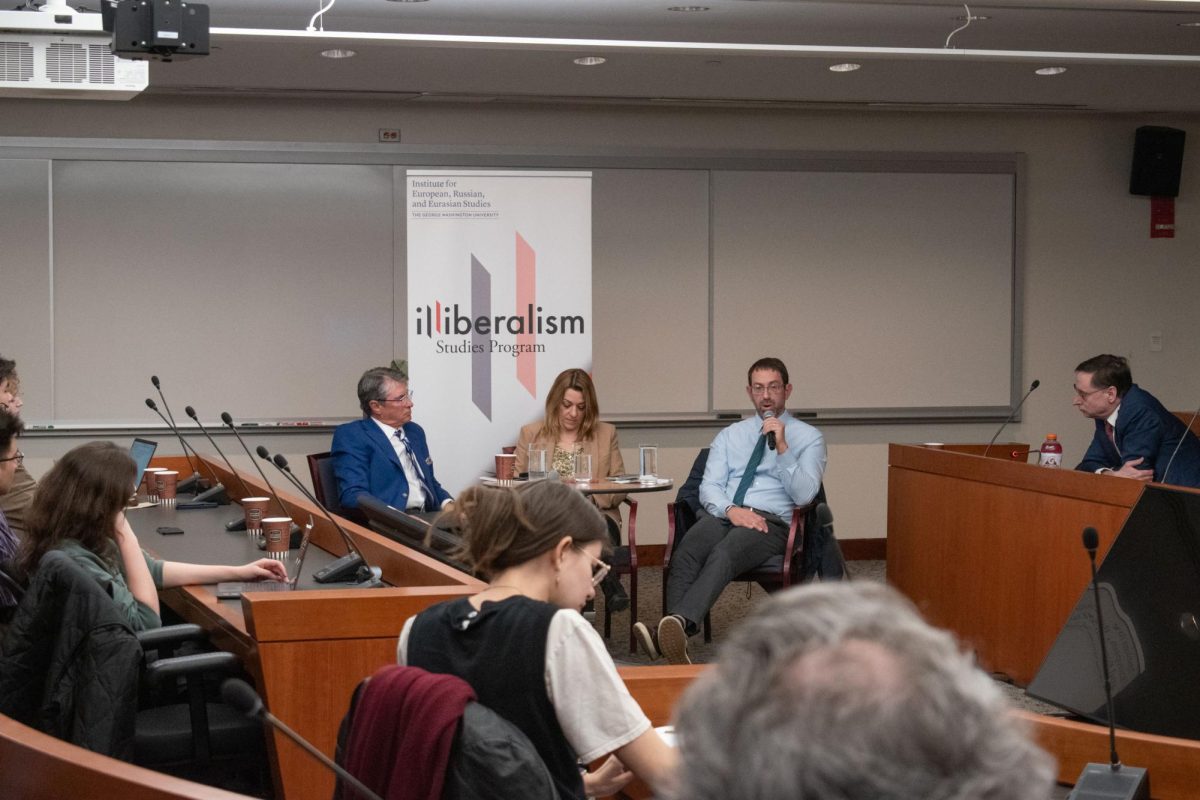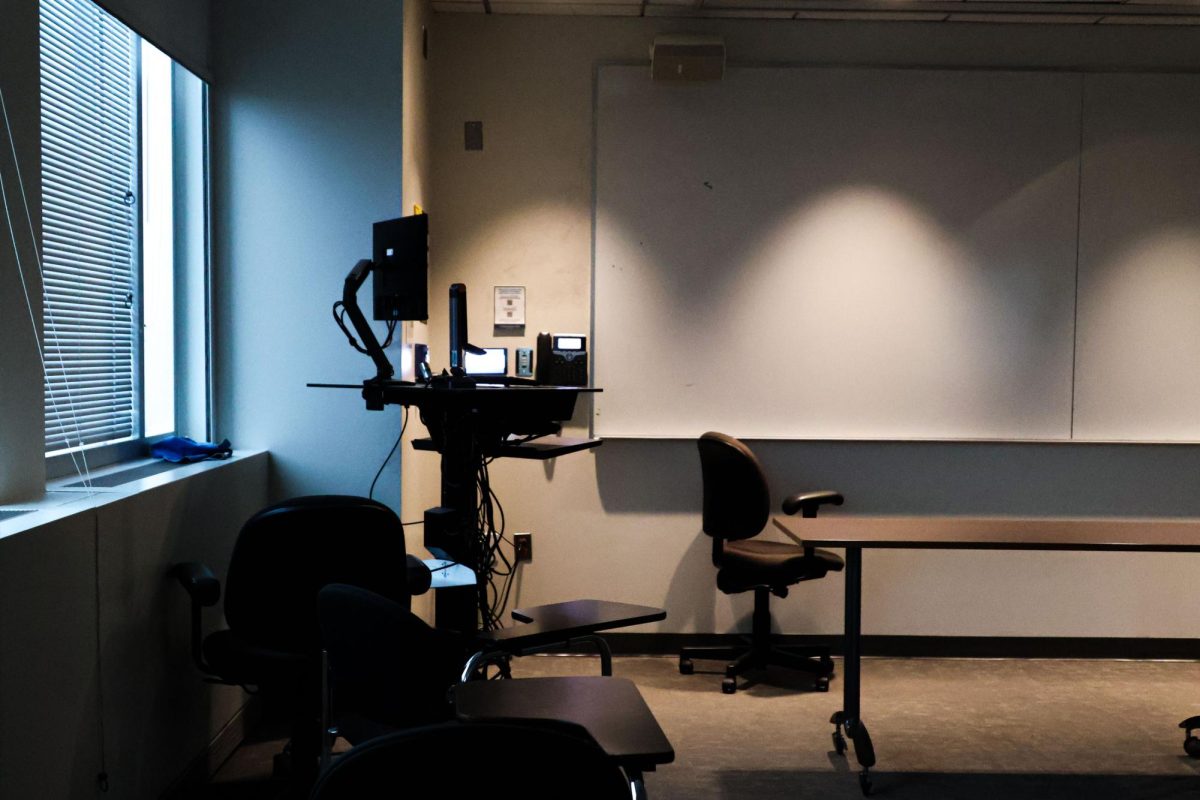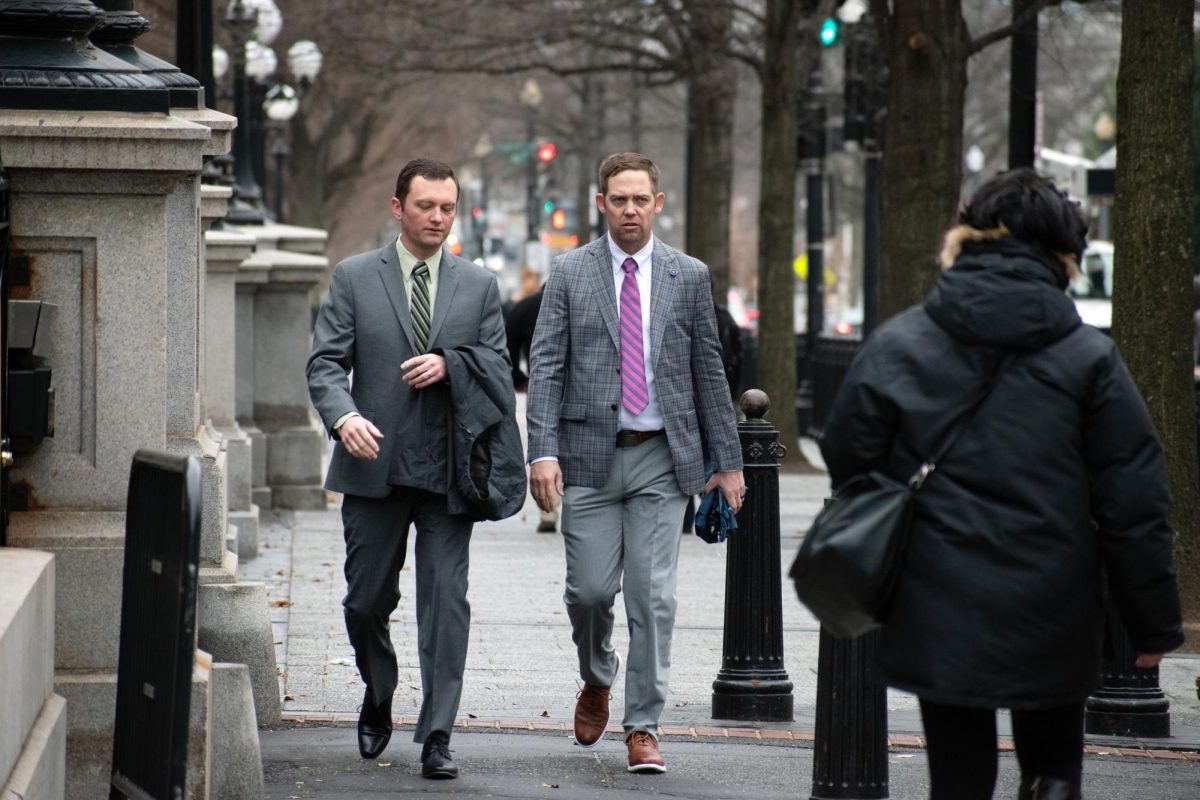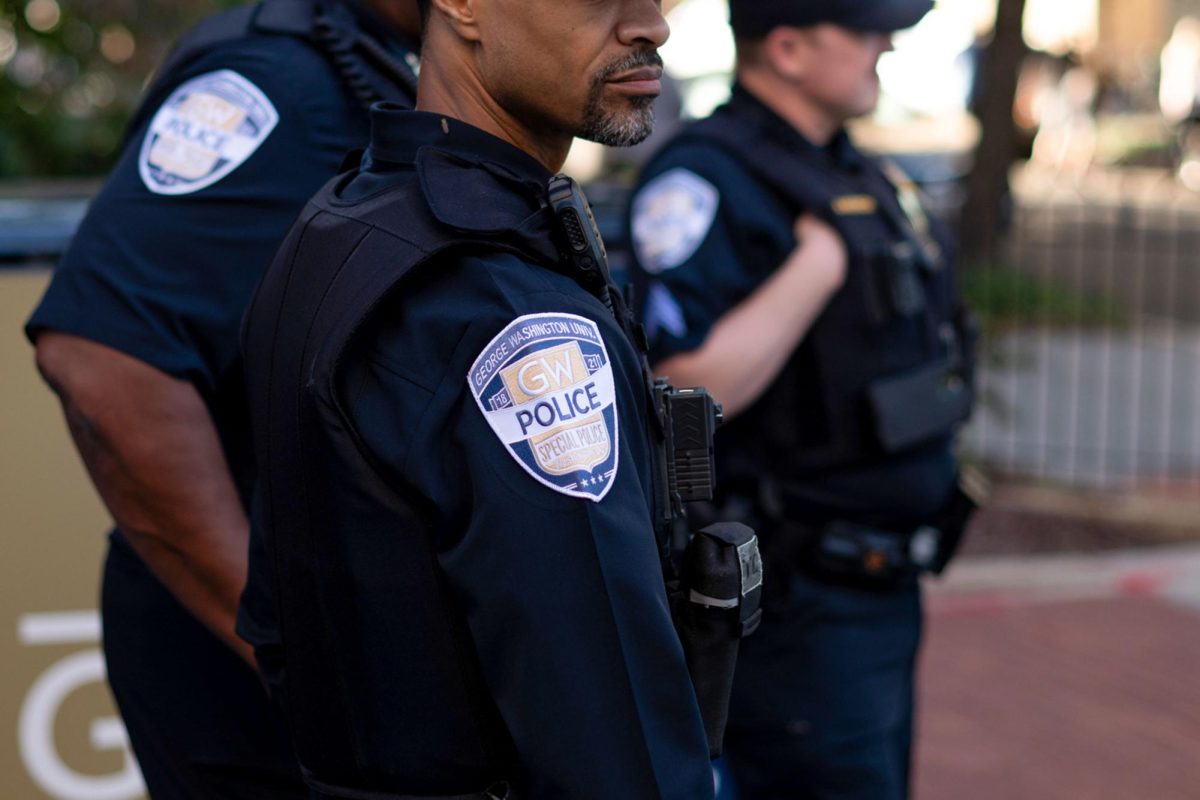Valerie Biden Owens, President Joe Biden’s younger sister, discussed her new memoir, “Growing Up Biden,” at a virtual event Thursday.
Owens spoke about her relationship with her older brother, what it’s like being a woman in politics and what she learned from her experience in writing the memoir. Jon Meacham, a Pulitzer-prize winning biographer and historian, moderated the event, which was hosted by the bookstore Politics and Prose and the Office of Student Life.
Owens said she had difficulty choosing what to include in the book because she had hundreds of “vignettes and short stories” she had written over the course of her life. She said choosing what to put into the book was a hard decision and compared it to choosing her favorite child.
“The thread of what put the fabric of family together was commitment and loyalty and love, and then heartbreak and disappointment and loss,” she said.
Owens said while everyone has different stories, what ties family together is commitment, loyalty, love, heartbreak, disappointment and loss. She said she believes all families have more things in common than not, and she said she hopes those who read her book can find themselves within it.
Owens spoke on how she has been her older brother’s friend since childhood and grew to become his most trusted advisor, even to the point where she to managed his campaigns. She said politics during the 1970s was a “man’s world” since there were few women as candidates, campaign managers, pundits or journalists.
“I had it easy in a lot of ways because I was his kid sister,” she said. “He told everybody from the beginning to assume that when I spoke he was speaking, that I represented him.”
Owens said some people viewed her as a small part of her older brother’s team because she was related to him and oftentimes the only woman in the room. She said growing up with the father and brothers she had helped her be comfortable with partnerships with other men and not be intimidated by men.
Owens said she had to deal with men who underestimated her abilities during campaigns and gave her pushback on some of her judgment. She said the men who tried to undervalue her ideas were insecure and not comfortable working with a strong woman, so she worked around them instead.
She said herself and her brother have a complete trust with each other and that he often told her she can speak candidly with him because he knows whatever she says comes from a place of love.
“When you love somebody it doesn’t mean that you roll over and you praise them and put them on a pedestal,” she said. “When you love somebody and you know they’re good, then you expect them to be the best they can be, and I’ve always expected Joe Biden to be the best Joe Biden that he can be.”
Owens said making political decisions is not too different from the decisions people make in their day-to-day lives, figuring out how to spend resources and forming relationships with their neighbors.
“From the time I opened my eyes, he put his hand out and said ‘Come on, Val, let’s go'” she said. “‘We got things to do, places to go and people to see’ and I went with him.”
Owens said she doesn’t have any electoral ambitions at this point, but said she tells her students leaders that they don’t always have to be the one out front and don’t always have to have a title.
“Sometimes the leader is the one gentle push behind or the whisper in your ear or sometimes the leader is the one who gets in front of you and yanks you over the finish line,” she said.


